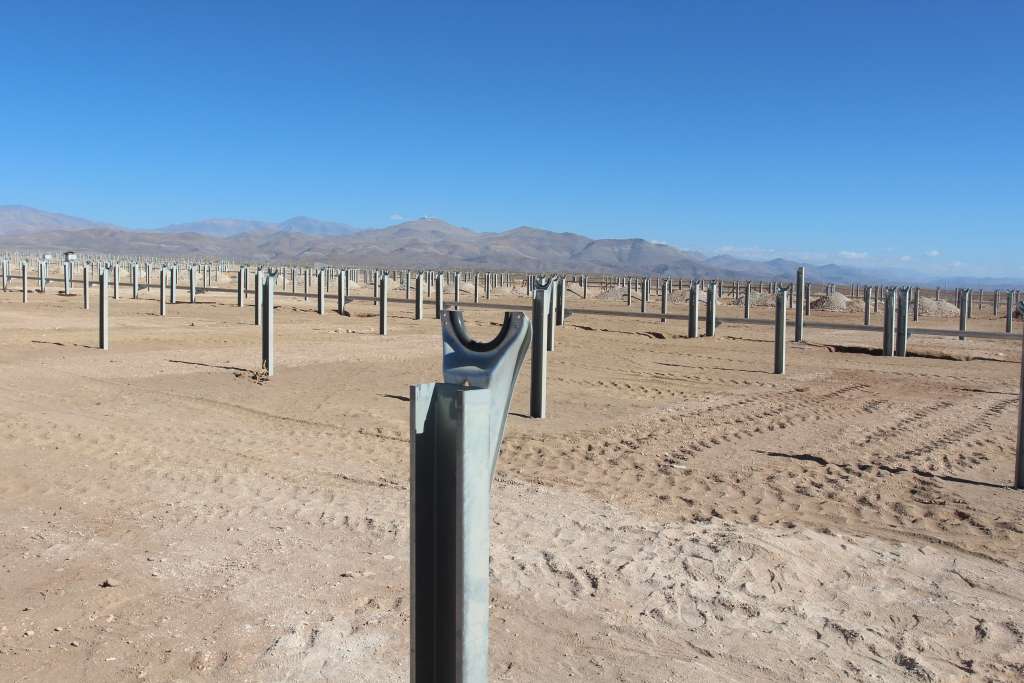Chile’s Ministry of National Property has issued a new regulation for using state land for the development of projects in the renewable energies sector. The new provisions were published in the country’s Official Journal in May.
According to information provided to pv magazine by international law firm Oppenhoff & Partner, the new rules will also apply to projects that are already approved.
The new provisions are aimed at making it far easier to use public land for building projects in the renewable energies sector. Under the new regulation, the maximum term of use granted is to be extended from 30 to 35 years, while the timeframe for the construction of power plants will be extended from its previous maximum of 24, respectively 48 months, to a maximum of 10 years from the conclusion of the concession agreement.
Moreover, the new rules reduce the amount of securities to be furnished to the state by the project developer for each construction phase. The regulations apply both to concessions awarded at auction as well as to direct concessions.
Applications must be filed with the Ministry of National Property by 9 August 2017 at the latest.
According to Edder Cifuentes from Oppenhoff & Partner, the new rules will increase the interest of international financiers, sponsors and contractors, as well as the attractiveness of the current energy auction 2017, which will be held in December. Through the auction, the Chilean government intends to contract 2 GWh of power.
The auction Licitación de Suministro 2017/01, as the auction held last year, will include time of day-specific supply blocks for solar power projects. Power plants selected in the auction must begin delivering power to the local electricity suppliers in January 2024. Projects that encounter problems with environmental permits, however, could be granted a two-year delay.
This content is protected by copyright and may not be reused. If you want to cooperate with us and would like to reuse some of our content, please contact: editors@pv-magazine.com.




By submitting this form you agree to pv magazine using your data for the purposes of publishing your comment.
Your personal data will only be disclosed or otherwise transmitted to third parties for the purposes of spam filtering or if this is necessary for technical maintenance of the website. Any other transfer to third parties will not take place unless this is justified on the basis of applicable data protection regulations or if pv magazine is legally obliged to do so.
You may revoke this consent at any time with effect for the future, in which case your personal data will be deleted immediately. Otherwise, your data will be deleted if pv magazine has processed your request or the purpose of data storage is fulfilled.
Further information on data privacy can be found in our Data Protection Policy.